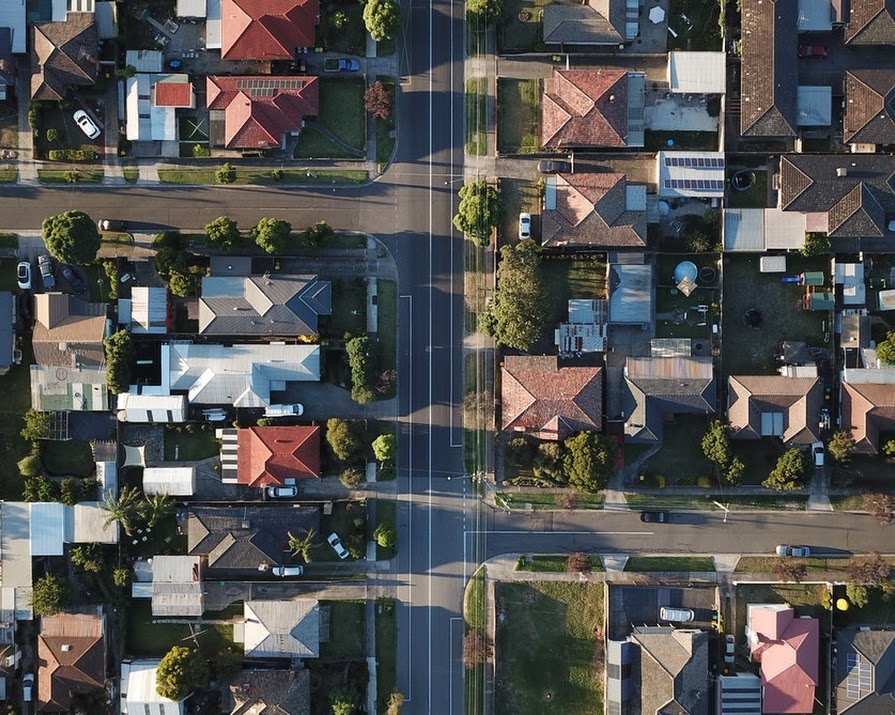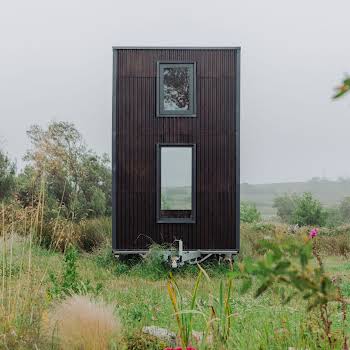
By Colette Sexton
23rd Oct 2018
23rd Oct 2018
Colette Sexton, news correspondent at The Sunday Business Post, on why we must act now on housing to protect Ireland’s future.
Is it time for a housing revolution in Ireland?
The housing crisis here is continuing to deepen. There are nearly 10,000 people without homes across this country, and Budget 2019 brought no relief to renters or those hoping to own their own home. Yet, most people in Ireland believe that people should have moved out of home by 24 and own a property by 29.
That’s according to those surveyed by protection specialist Royal London. If only it was that easy. In reality, the average age of a first-time buyer in Ireland has risen to nearly 34, the Banking and Payments Federation Ireland’s Housing Market Monitor report for Q2 2018 found.
In 2004, well over half of first-time buyers were 30 or younger. By 2016, this figure had dropped to less than a third. The average age of a first-time buyer rose from 31 in 2008 to 33.9 last year.
Not only are young people not buying their own houses, but many of them are also still living at home with their parents. The majority of Irish people (68 per cent) believe the ideal age to move out of the family home is under 25 years old, according to the Royal London survey. Yet the actual average age at which young Irish people now leave the family home is just after they turn 26 years of age, according to a 2018 Eurostat study.
So why are Irish young people still living at home far past an age that most people think is appropriate? One reason is the cost of buying a home in Ireland. Irish people tend to have an idea that rent is “dead money”, and so most aim to own their own homes. This was a fairly achievable objective for most people in previous generations, thanks to factors such as council loans and cheaper houses. But now, we are in the middle of a housing shortage, and house prices are skyrocketing. This, combined with high rents, mean that home ownership can be a very hard goal for many to meet. The median deposit for first-time buyers rose by 10.8 per cent year-on-year to €37,500 in Q2 2018, according to the BPFI report. In Dublin, the average deposit was €54,389. That is a huge chunk of cash, especially for those who are paying rent, which on average costs €1,304 monthly, according to Daft.ie.
About 12,000 people took part in a “Raise the Roof” protest to highlight the housing crisis at the beginning of October. The following week, the budget for 2019 was set out by Minister for Finance Paschal Donohue. It included an allocation of €2.3 billion to the housing programme for 2019 and €93 million in local authority funding for housing. But it is not enough. It is not enough for those who are forced to live at home with their parents because they cannot afford to rent. It is not enough for parents who have reared their children and should be able to enjoy their homes without navigating the tricky problem of several generations living in the same household. It is not enough for those desperate to own their home. And it is not enough for the thousands of people across the country who are homeless, and the countless others on the brink of finding themselves on the street.
We are using the wrong words when we discuss this crisis. It is not about units or properties or developments. It is about homes. Ireland needs to demand better. Better action from our politicians. Better initiatives for housing. Better treatment by landlords. Otherwise, we will not secure a better future for the next generation.























